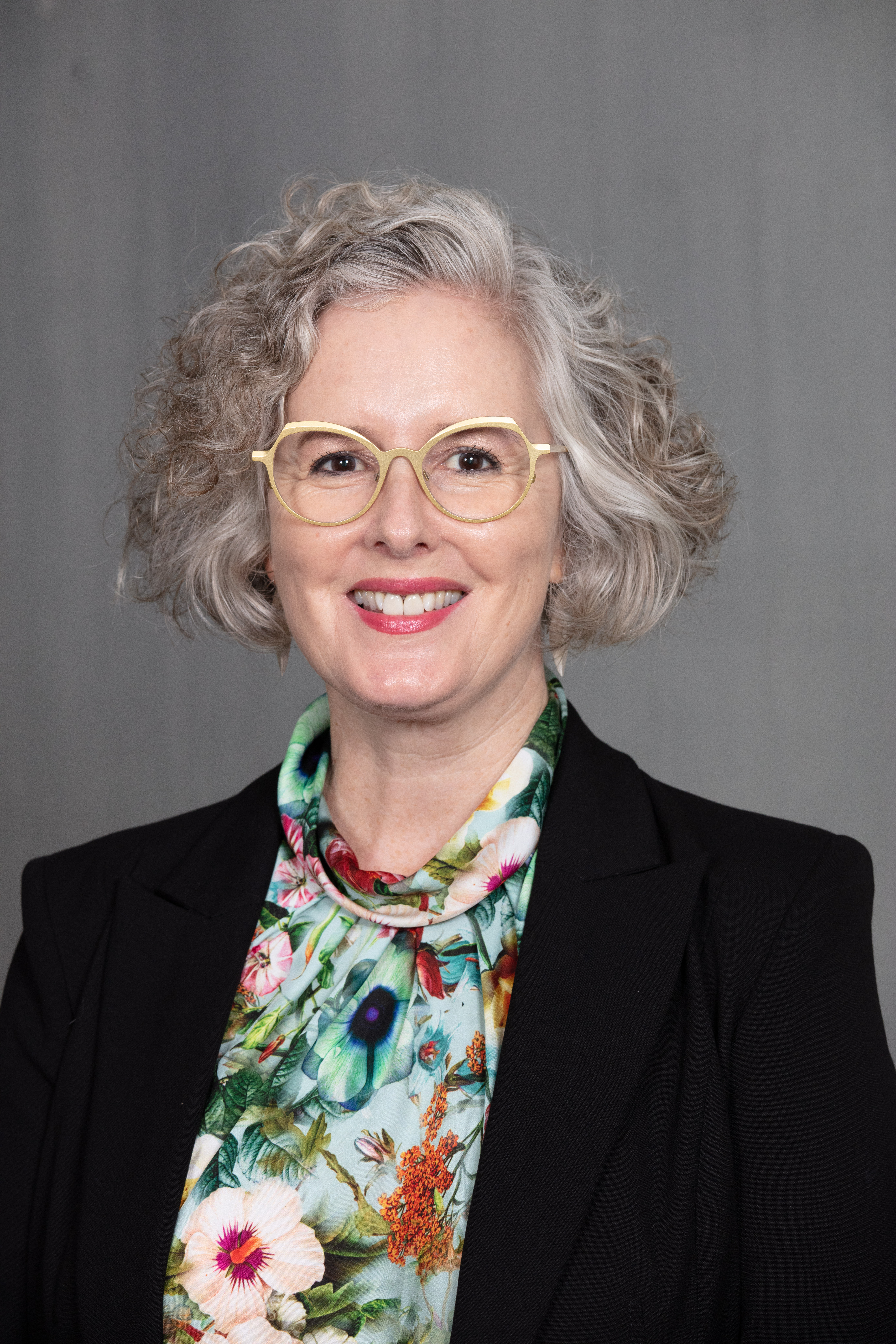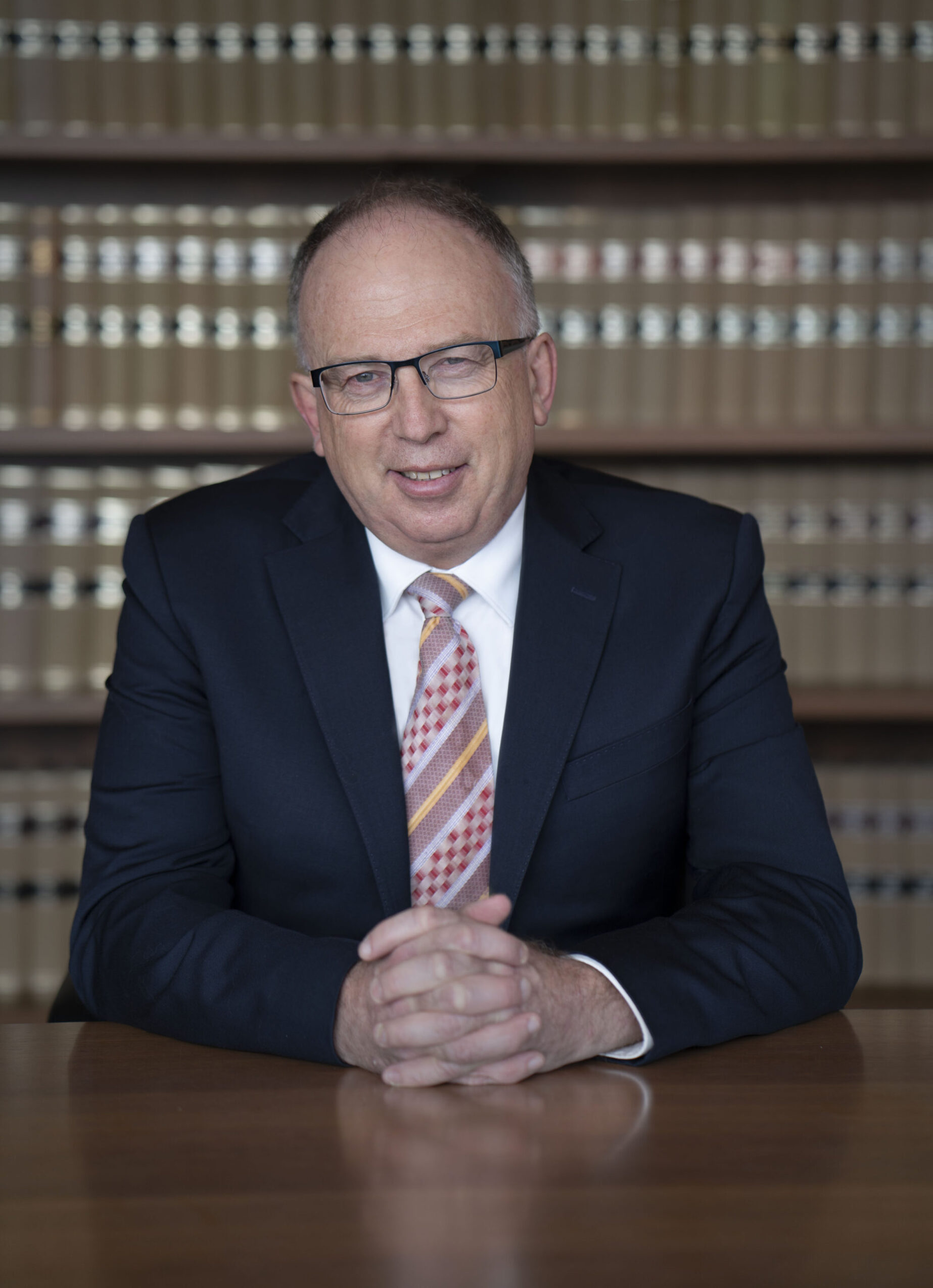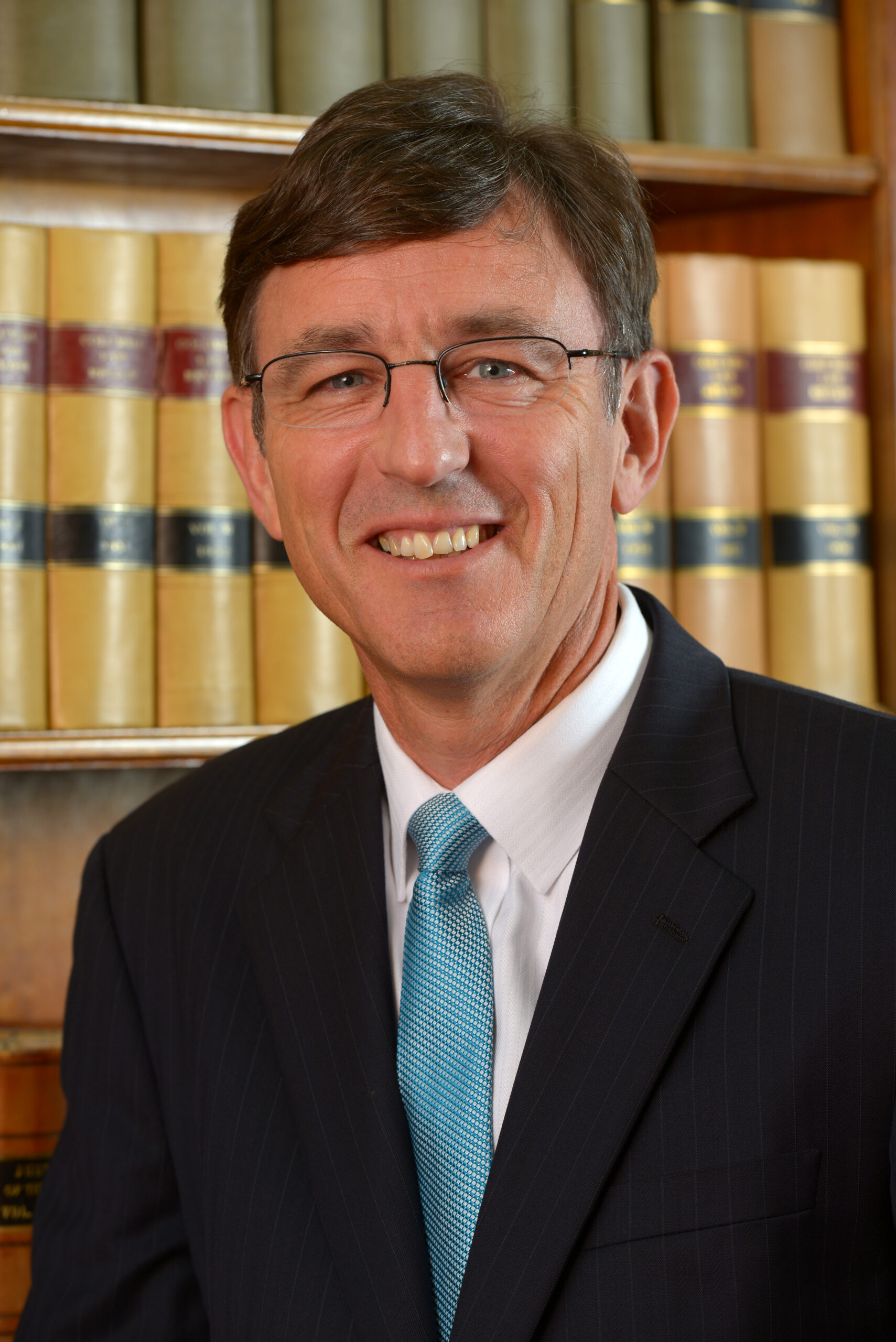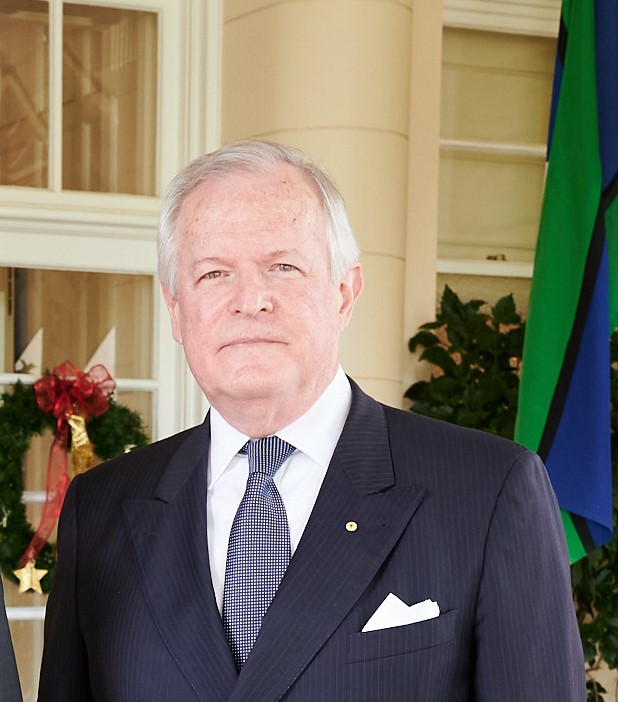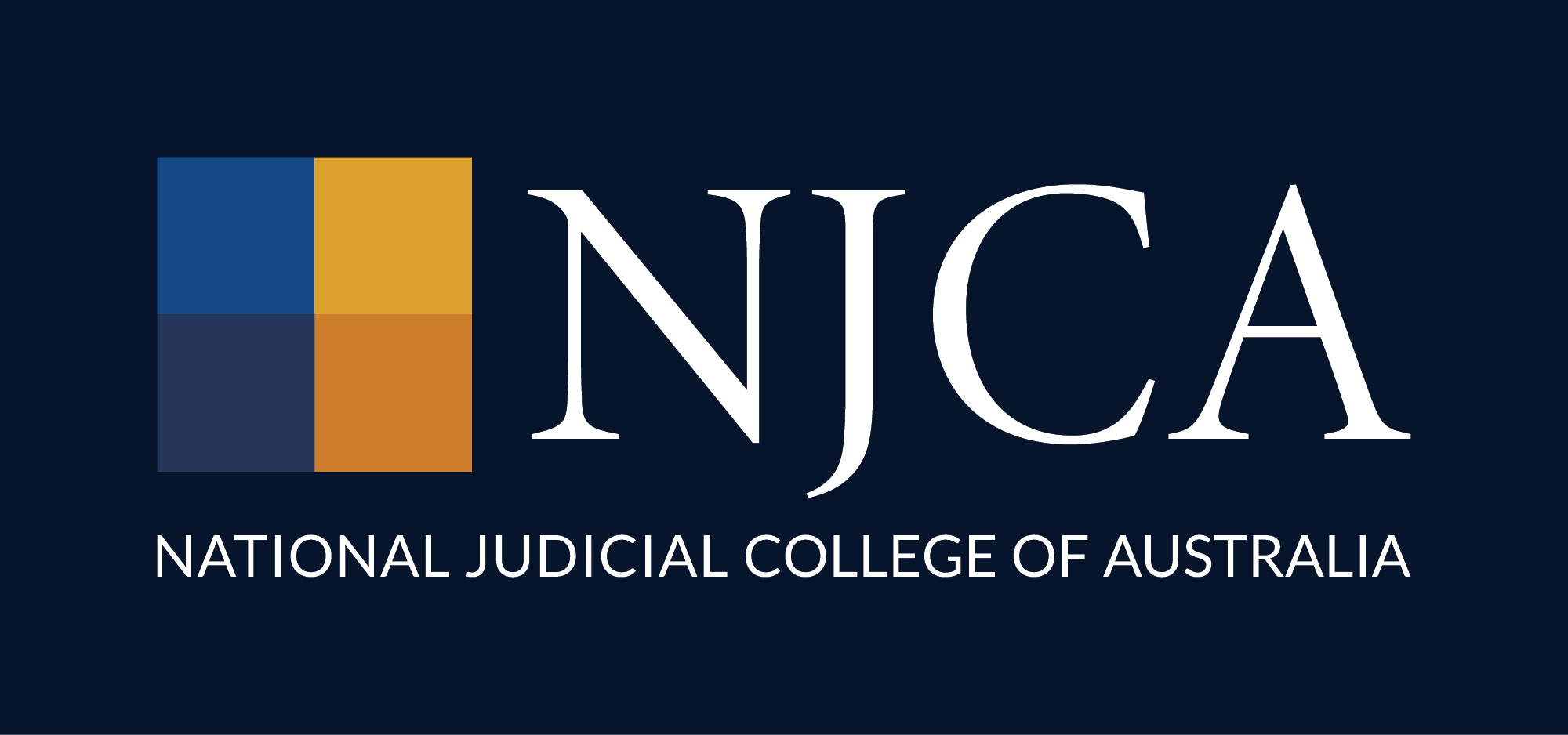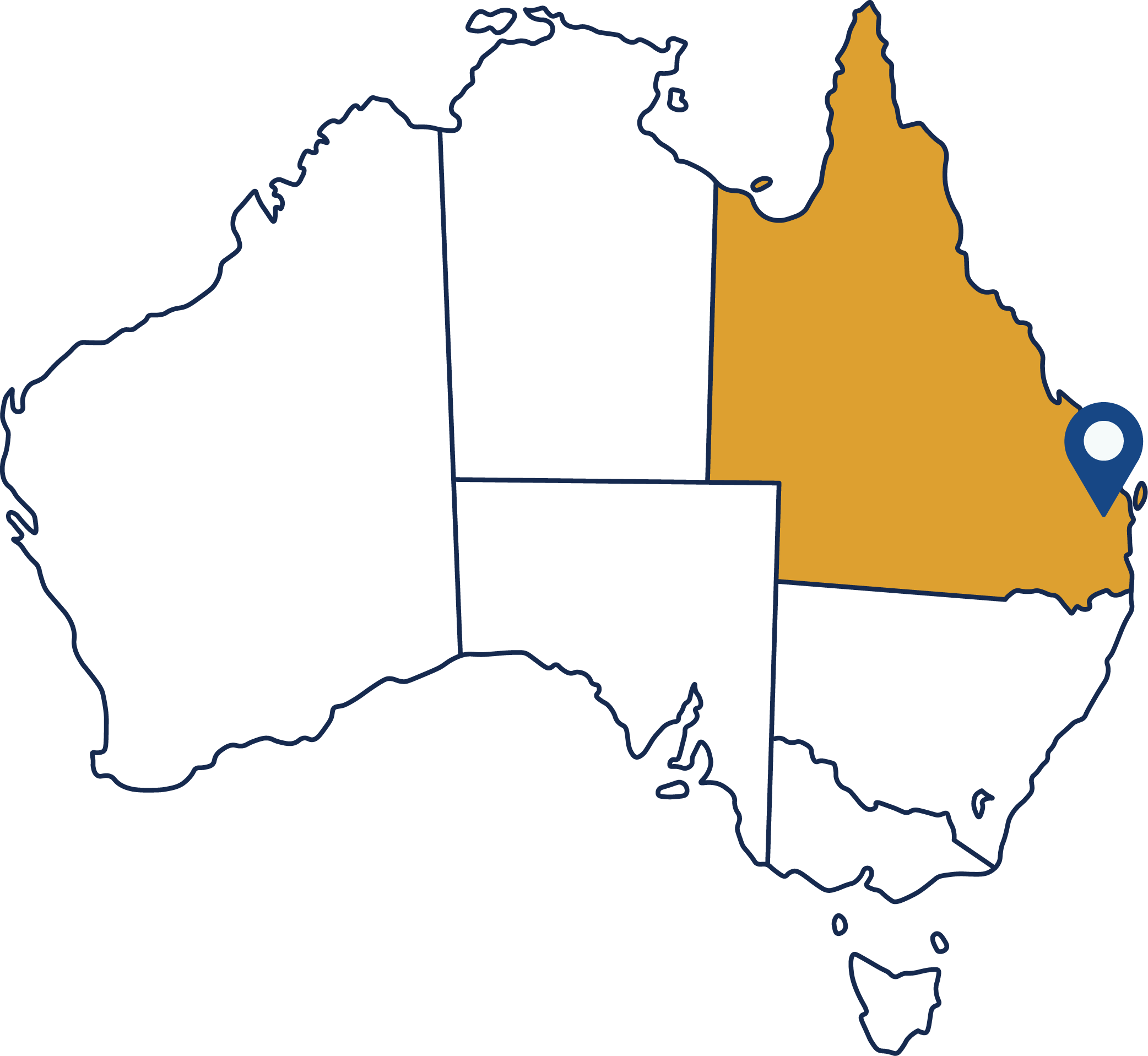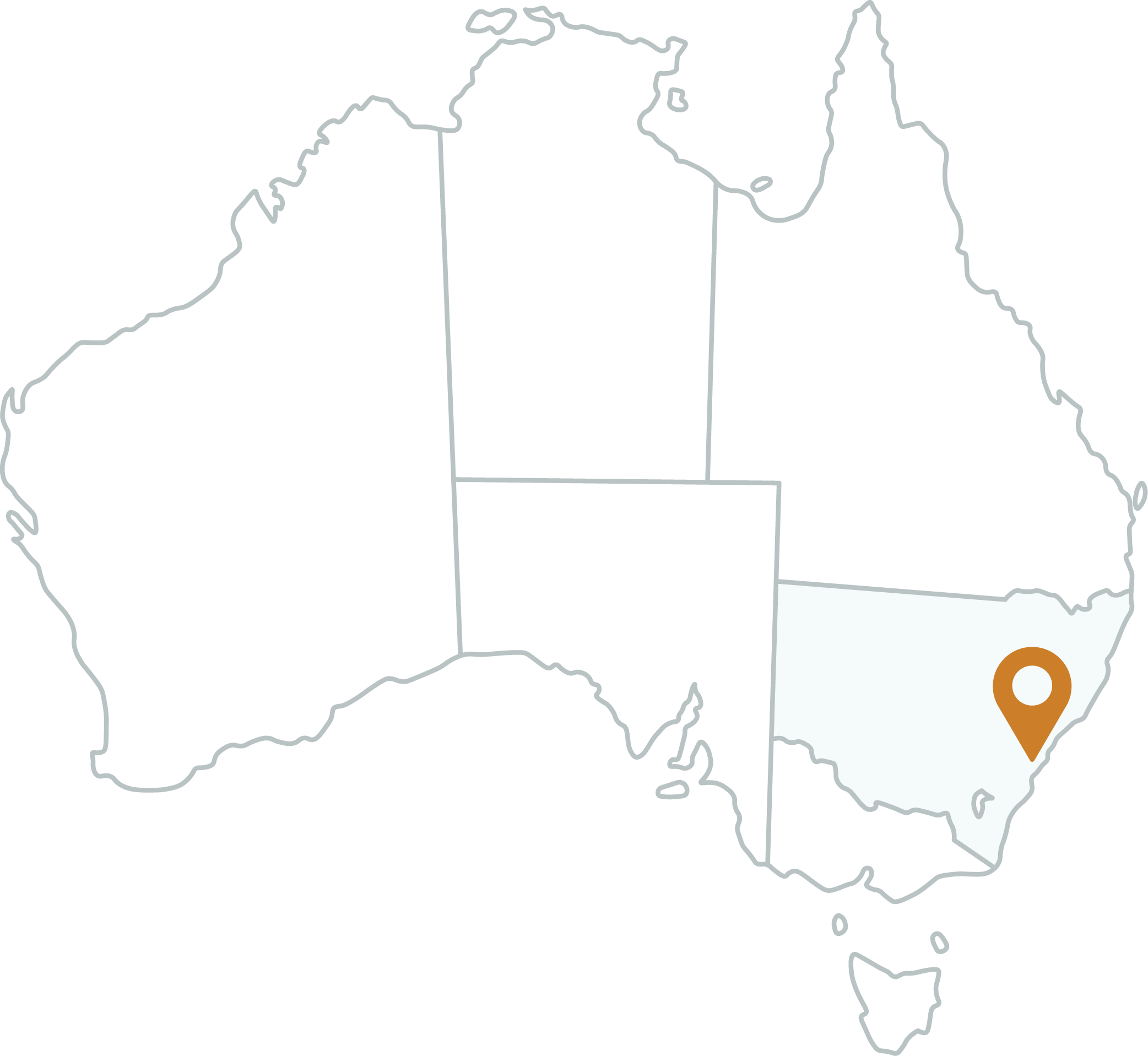1–3 Oct 2025
Brisbane
$2350
Judicial Officers
Writing Better Judgments III, October 2025
This program is designed for those judicial officers tasked with writing complex judgments and who want to take their judicial writing skills to an advanced level. The program features a series of sessions delivered by Professor Virginia McRae, Ottawa, Canada and highly experienced judicial officers from across Australian courts and jurisdictions. The WBJ III program is a working program, focussed on unpacking the complexities of judgment writing trade craft. Our special guest presenter will be Professor Virginia McRae, Ottawa, Canada and the keynote address will be delivered by Justice Jayne Jagot, High Court of Australia.
Why you should attend this program?
As judges gain more experience they usually find they have to deal with cases of greater complexity and difficulty and cases in which there is a multitude of issues. These include longer than your average judgment, complex in terms of facts, law (often both), overlayed with a lengthy trial or conduct of a lengthy trial, judge-alone trial complexities or judges who are now assigned difficult cases due to their length of time on the bench.
The program rationale and corresponding core design of this program has been created by experienced judicial officers who will lead you through experiential learning sessions that address the skills and techniques required by senior judicial officers who preside over long trials and hearings and who prepare, manage, decide and produce large and complex judgments and/or have specific audience needs.
This program is by invitation only, via your head of jurisdiction.
How will these skills help your court?
This program will challenge the erroneous premise that a long case must always result in a long judgment.
The objectives of timeliness and clarity remains both fundamental to the judicial function and to societal expectations and public confidence in the courts. When they are necessary, large and complex judgments must be written to optimise the understanding of the litigants and the public. Effective judgment architecture serves to enhance both accessibility and comprehension of judicial reasoning.
What will you learn at this program?
By the end of this Program, participants will know and understand:
- the various methods for dealing with complex cases
- that issues-based judgment writing is enhanced by point first writing
- the benefits to the reader and writer of identifying the point before giving the detail
- reader understanding is optimised by editing in layers/stages
- writing persuasive sentences, clearly linked to fact finding
- the use of targeted court-craft, combined with use of technology, can dramatically assist in writing large and complex judgments
- employing case management and writing strategies can be consciously chosen and managed to ease the demands of judgment writing in lengthy cases
- where appropriate a media summary can assist the understanding of the reasons and that there are special skills needed to produce a useful summary
Participants will explore the following driving questions:
- What skills and techniques can I use to prepare, manage and structure my judgment apt to its context, purpose and audience?
- What editing techniques can I deploy to improve my judgment writing?
- What court-craft strategies and tools of technology are available to assist my case management and subsequent judgment writing?
- What strategies can I use to ease the demands of judgment writing in a lengthy case?
Program inclusions
This program is residential due to the intensive and experiential learning nature of program. Registration fee includes accommodation, catering and the program dinner.
Travel costs are not included.
Meet your Program Planning Committee
